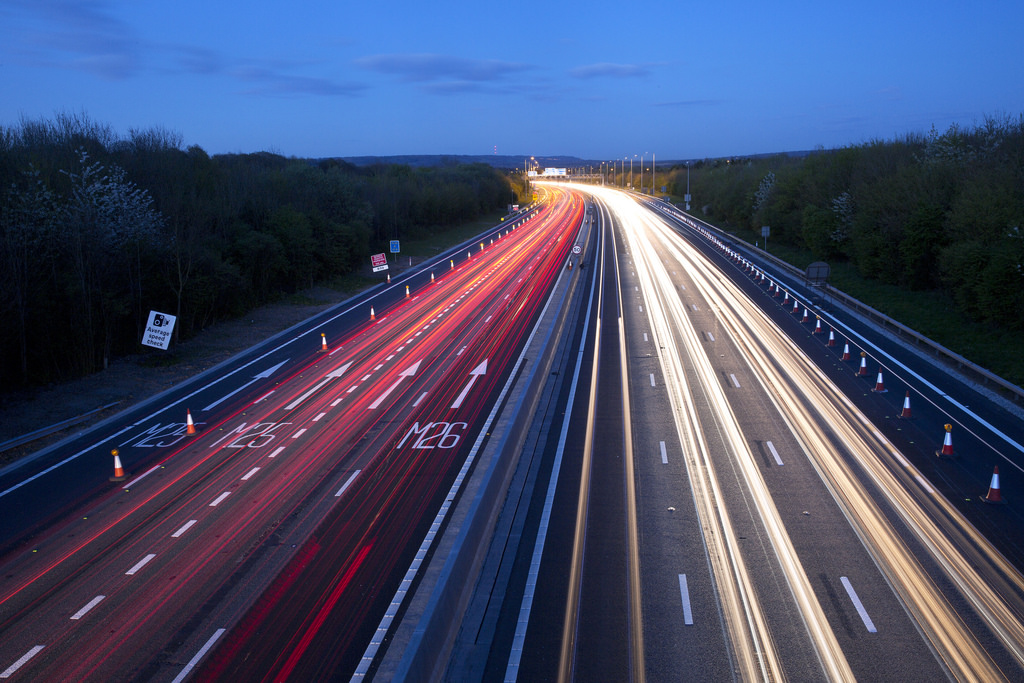
Mobiles at the wheel: what’s changed a year on from the new law?
On March 1st last year, the penalty for being caught on your mobile phone whilst driving increased. This means that drivers caught using their phones at the wheel now receive a penalty of six points on their license, and a fine of £200. The change in law also means that drivers can lose their license if they receive 12 points within two years, as they have been caught twice on their phone. But has the new penalty actually prevented motorists from using their mobile phones whilst driving? We wanted to delve a little bit deeper into how much things have actually changed over the past year.
A year on, new figures have revealed that the number of drivers caught using their mobile phones has almost halved since the new penalty was introduced. Two years ago, in 2016, it was reported that around 74,000 fixed penalty notices were issued to motorists using their phones at the wheel, between March and December. The following year in 2017, during the same months, only 39,000 fixed penalty notices were issued. However, 2018 has also seen a reduction in traffic officers, meaning there is less chance of the motorist mobile users getting caught. This begs the question, has the new penalty actually prevented drivers from using their mobiles, or are they just getting caught less?
Many people are guilty of using their mobile phones at some point when driving, whether it’s for work, to change a song on their car’s Spotify playlist, a friendly chat with someone or keying in a postcode to Google Maps. But the bottom line is, whatever the reason for using your mobile phone behind the wheel, it is not legal, nor is it worth it. Research by the RAC found that nearly one in five firms say their employees have been involved in an accident after using a phone illegally whilst driving for work. Despite research revealing that 89% of drivers are aware of the penalty increase, 26% of those still admit to using their devices behind the wheel. It seems that no matter how high the penalty prices get, people’s addictions to their phones is too much to give up whilst driving.
These figures are startling and suggest that more needs to be done to tackle the 26% of drivers that still reach for their phones. Despite the increased points and fines, the heavy road safety advertising from THINK!, and RAC’s Be phone Smart campaign, mobiles are still causing accidents on the road. Does this mean we should go as far as confiscating phones from drivers? This seems extreme and would be difficult to manage, but it could be one of the only options left that would be effective.
Far too many accidents happen as a result of using phones behind the wheel, which can have devastating impacts on the lives of those involved. Phones are a major distraction for drivers, as answering calls whilst driving increases the risk of an accident up to six times, whilst texting is up to 23 times. Drivers can not only be distracted by holding the phone, but also by giving their attention to the device, which needs to be on the road and the safety of their passengers. Driver distraction plays a 20-30% role of all road collisions and can sometimes be more dangerous than drink driving. Even Apple are discouraging the use of phones at the wheel, by introducing their new setting where notifications can be disabled whilst driving.
So, the moral of the story is, put your phones away whilst driving! We would love to hear if you have any ideas on how to stop drivers from using their phones at the wheel. Get in touch via our Twitter!






